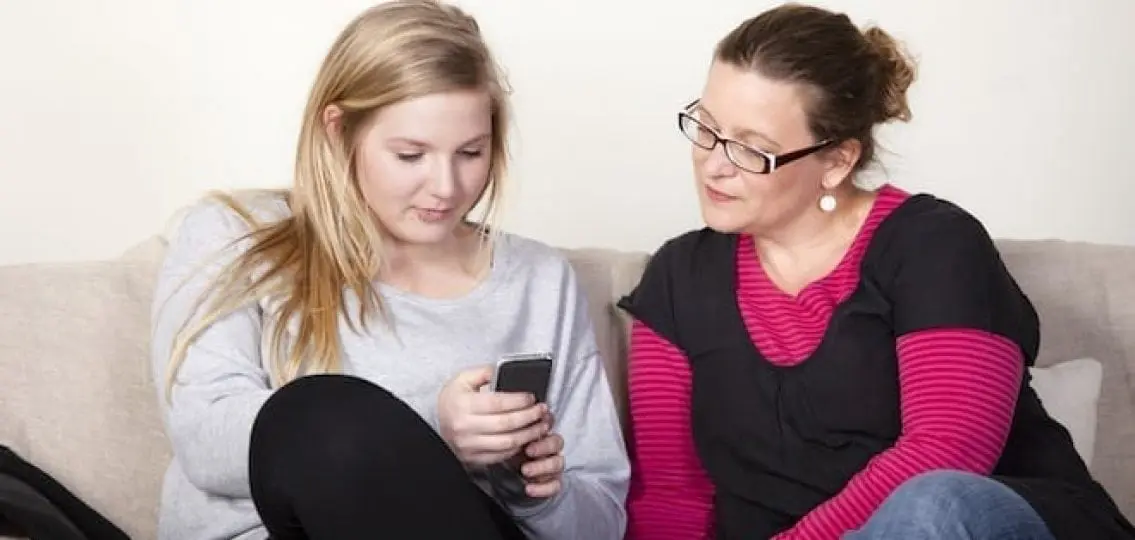Your Teen recently received two questions from parents about monitoring teens and technology, specifically with regards to online privacy. We asked our expert, Dr. Tori Cordiano, to tackle them together.

Dear Your Teen:
Question 1. I have been linked to my daughter’s email account ever since we created one for her. She is 13 years old and still does not know that I see all of her emails. Today I saw notification of tweets that included swear words. Do I confront her? Please advise.
Question 2. Is it an invasion of privacy to read my 16-year-old son’s text messages and emails? I don’t want to hover, but in the name of safety, I feel I need to still do this. I never comment on what I read unless I see something that’s unsafe or too vulgar.
EXPERT | Dr. Tori Cordiano
Ideally, the conversation about what access you expect to have to your teen’s phone and social media accounts occurs when those privileges first materialize. “Privileges” is the key word here. You will want to convey that a personal cell phone and a social media account are privileges. Therefore, they are subject to certain rules. Your young teen should expect that you may read her texts and emails. She should know that you will know the passwords to her social media accounts. After all, if everyone else can see what she’s posting online (a fact that many teens don’t quite grasp), the grown-ups charged with guiding her development should also have access.
Monitoring Technology
For most parents, the need to oversee technology use decreases with the age and maturity of their child—but as these two don’t correlate perfectly, the amount of oversight needed is highly individual. If your teen is using technology responsibly and appropriately, you’ll feel more comfortable giving him some breathing room. If he is doing things online that are risky, irresponsible, or unkind, he can expect less freedom and more oversight.
The lure of catching teens misbehaving online makes it tempting to keep your monitoring secret, but it actually destroys trust. Being transparent will work to your advantage. First, letting your teen know that you monitor her technology use encourages honesty in the relationship. If you expect your teen to be honest with you, she deserves that same honesty in return. It also lets her know there are some safeguards in place. This, although most would never admit it, often comes as a relief to new technology users.
| [adrotate group=”34″] |
Finally, a mutual understanding that you’ll keep up with her technology use allows for “conversations once removed” about what peers are doing online. These conversations (e.g., “Wow, I saw what Johnny posted on Instagram—I wonder how he’s feeling about the backlash he’s getting?”) allow you to talk about touchy topics without the defensiveness that occurs if the touchy topic is actually about your teen.
As for when to confront your teen, let your general expectations of him be your guide. If you don’t permit swearing and you see him using swear words via text, talk about why he might feel more comfortable texting those words than saying them to a friend’s face. If she posts a nasty comment or a racy picture online, it’s a great time to have a conversation about the public, permanent nature of anything she posts.

So what if you didn’t have the parental access conversation with your teen early on? It’s not too late.
Although you can expect some pushback, you might say, “Now that you’re more active online and with your phone, I would feel better knowing that I can check what you’re doing from time to time.” Let him know what to expect. Acknowledge that you are learning alongside him. And inform him that you may need to change your approach on teen privacy from time to time because of the steep learning curve associated with quickly changing technology.



